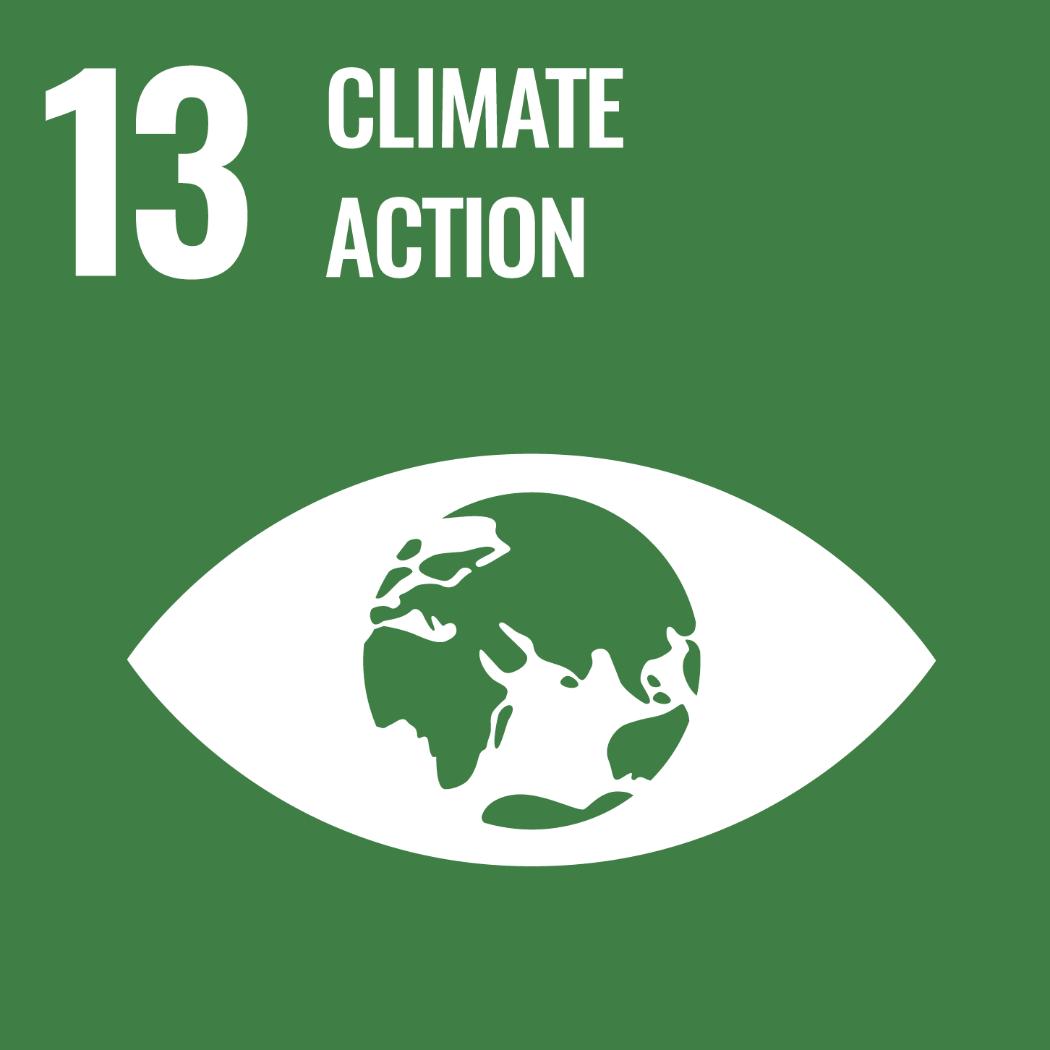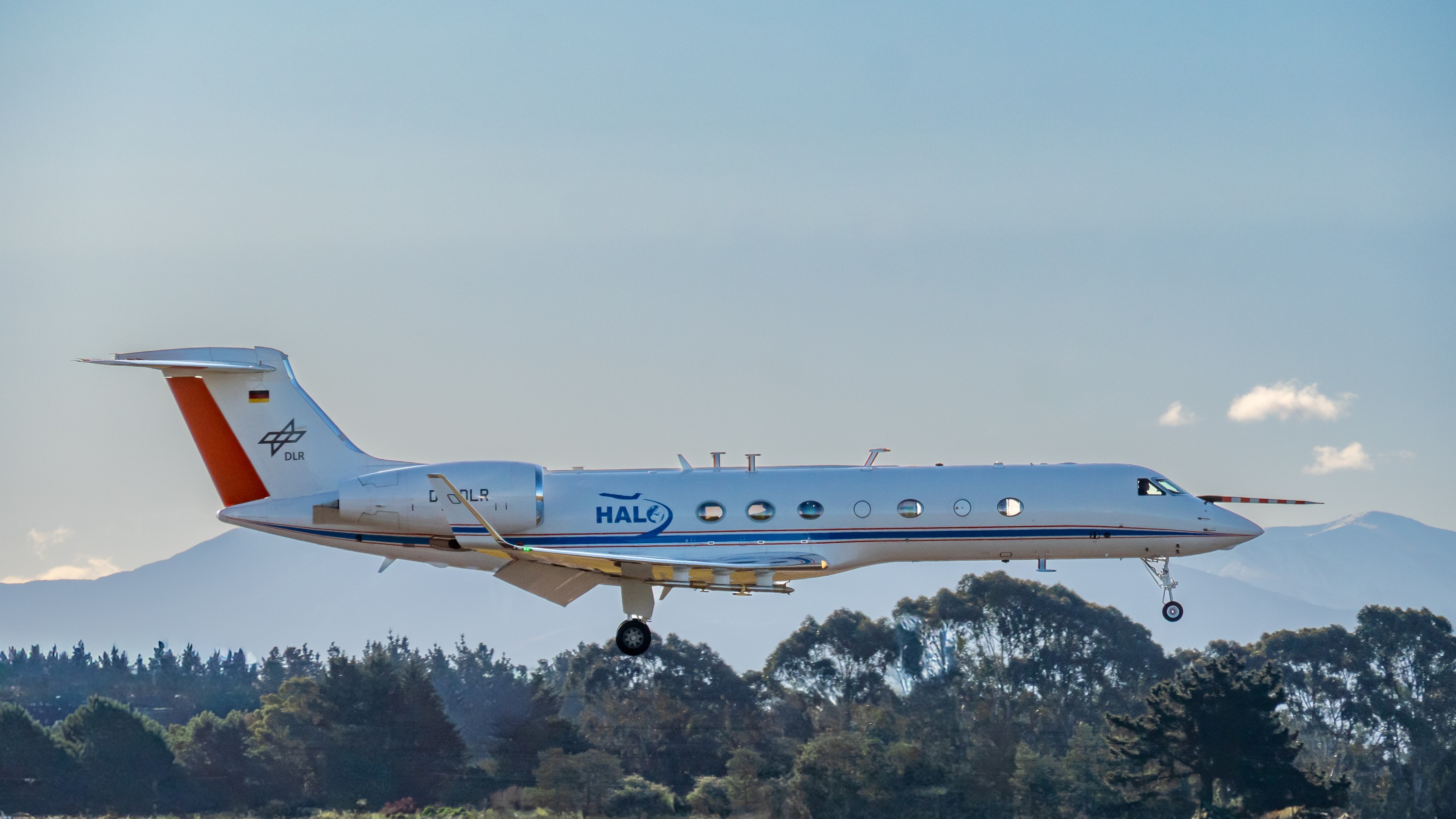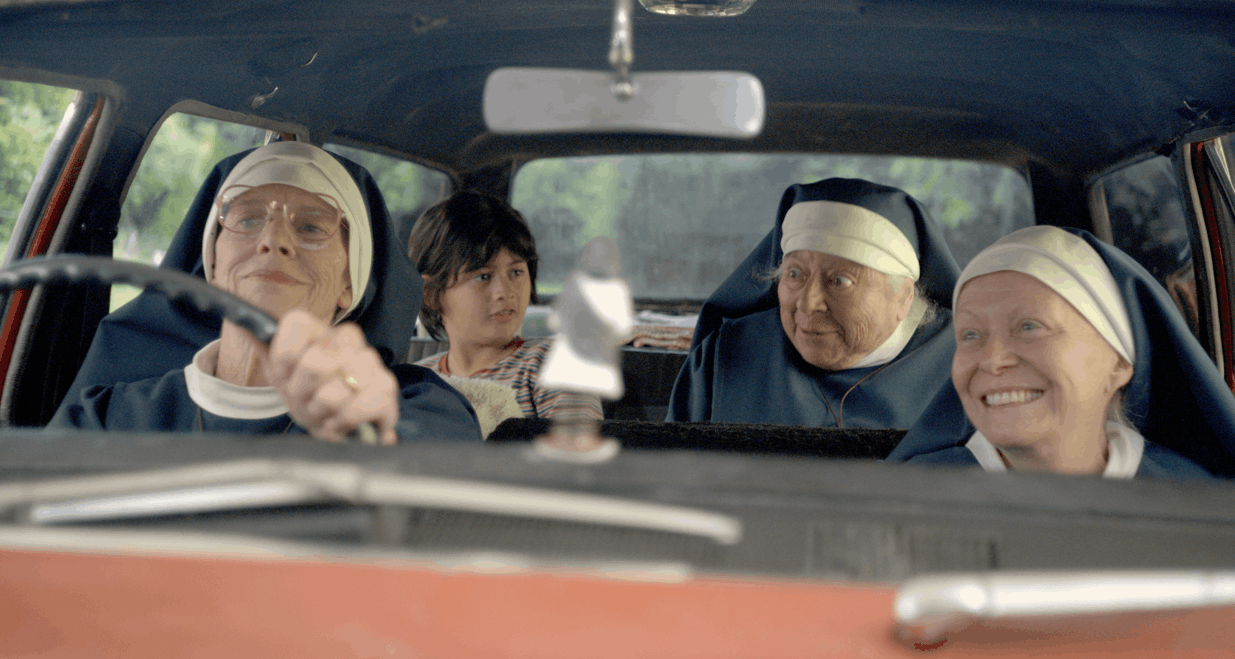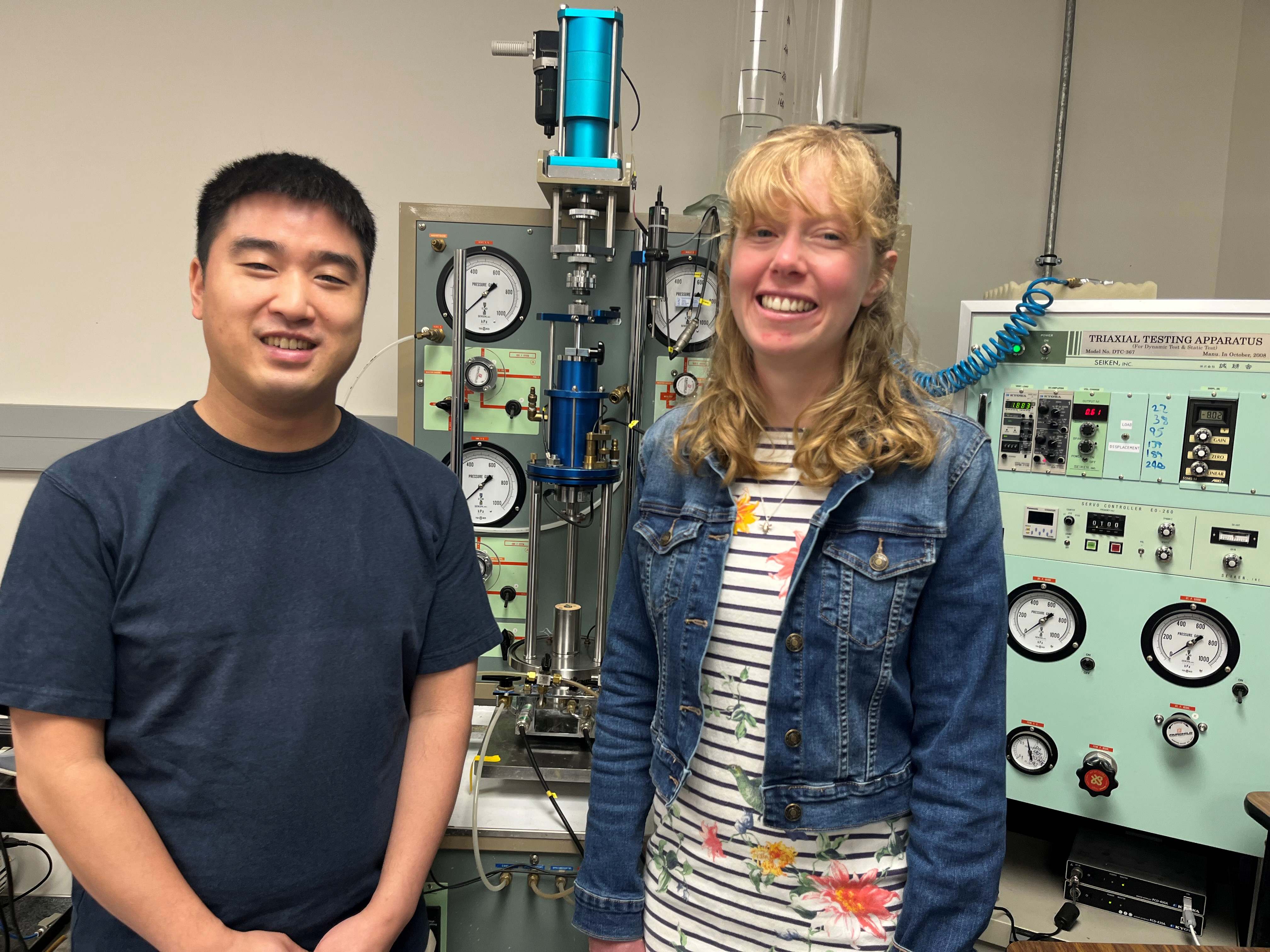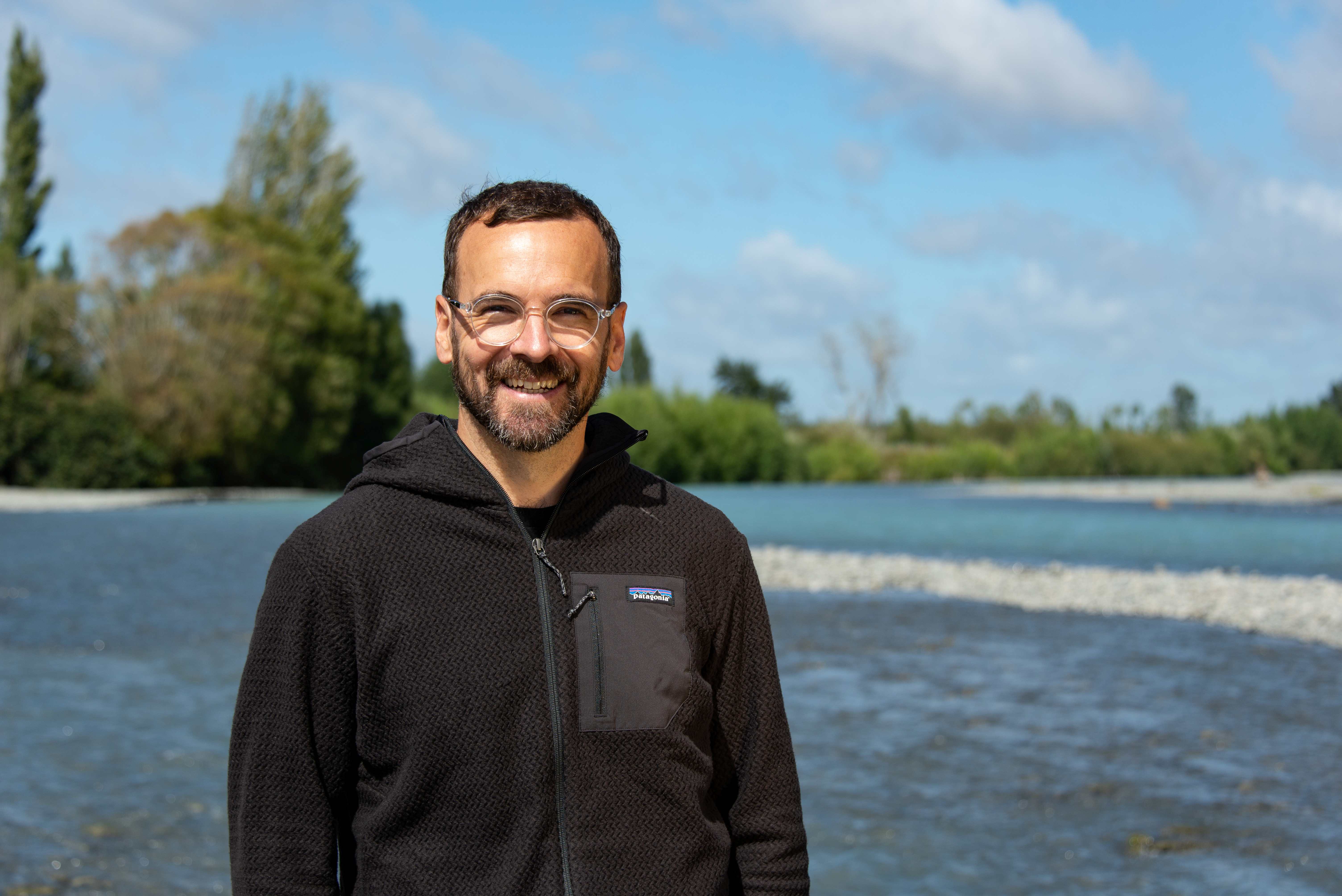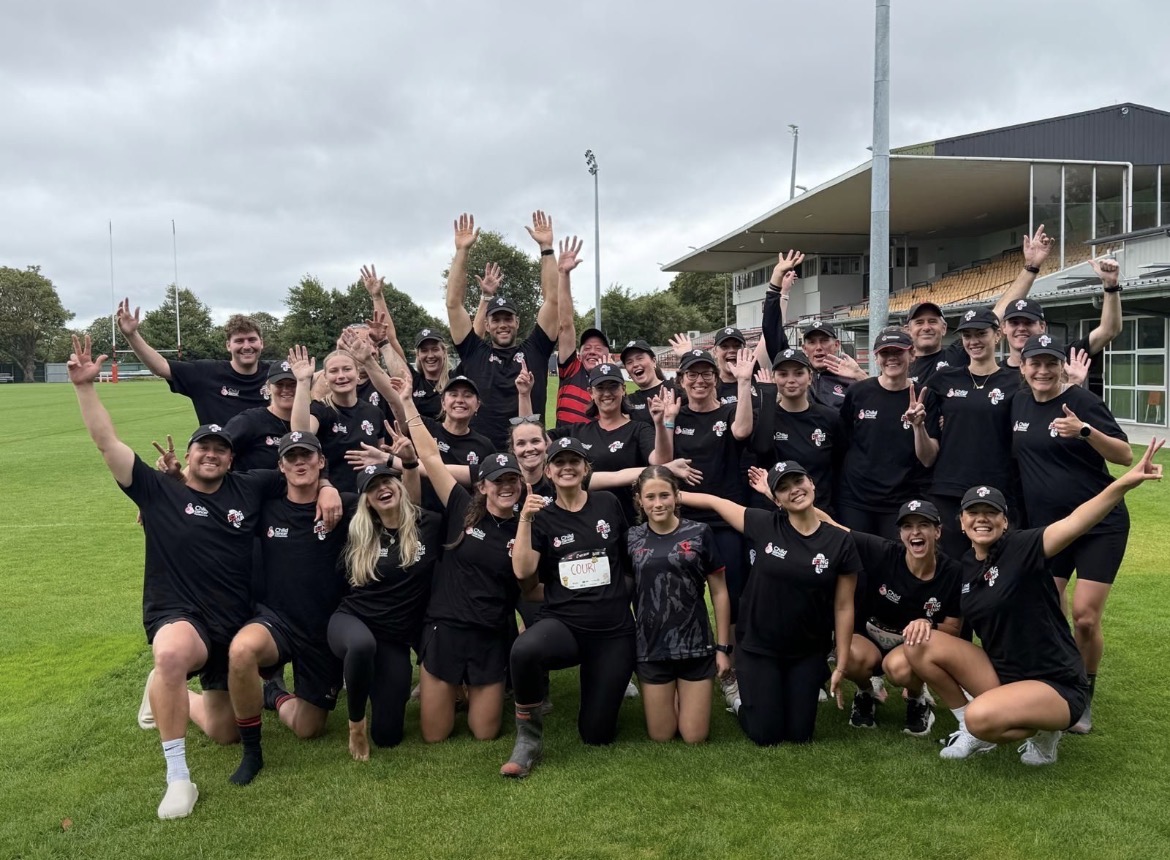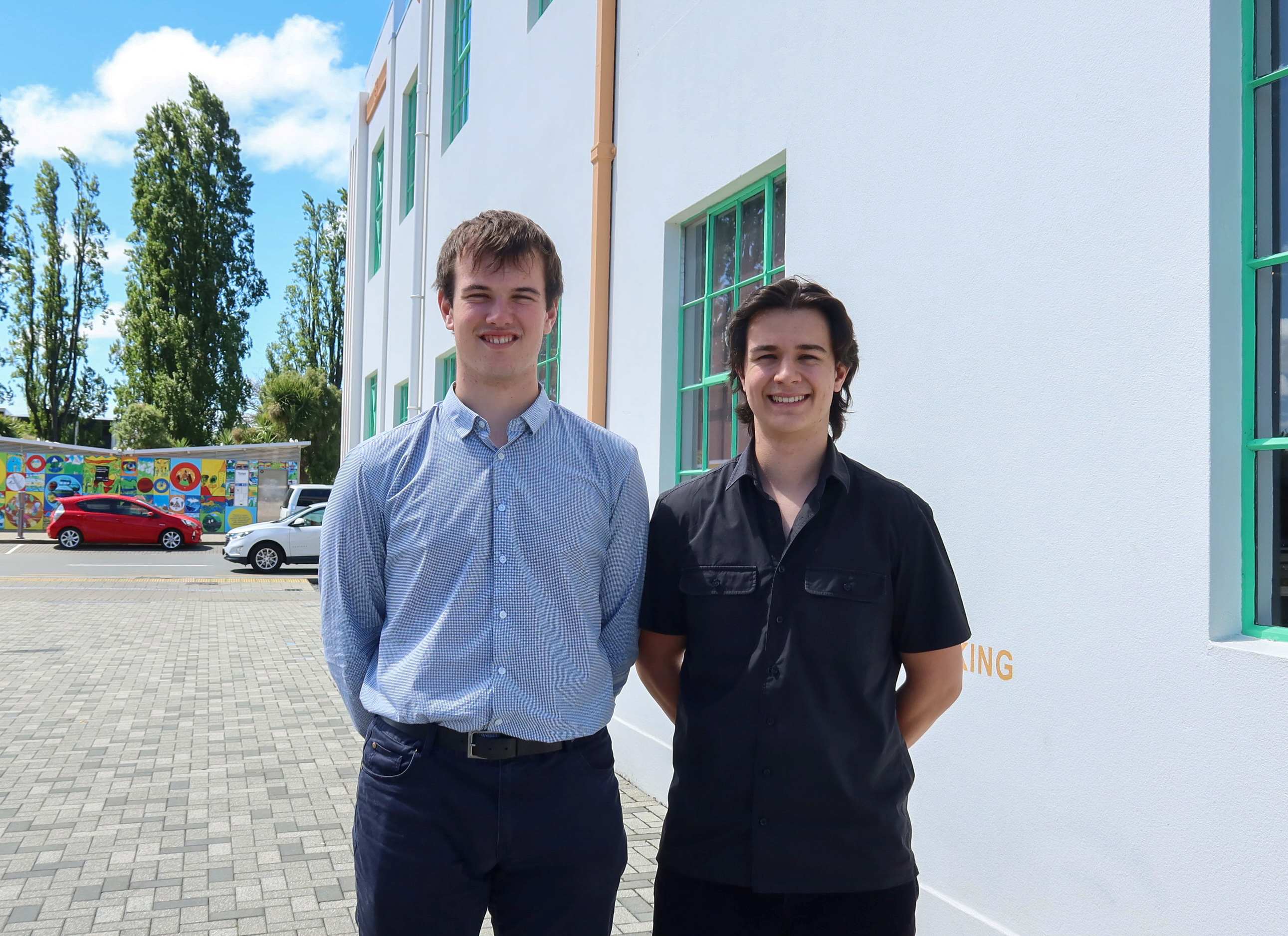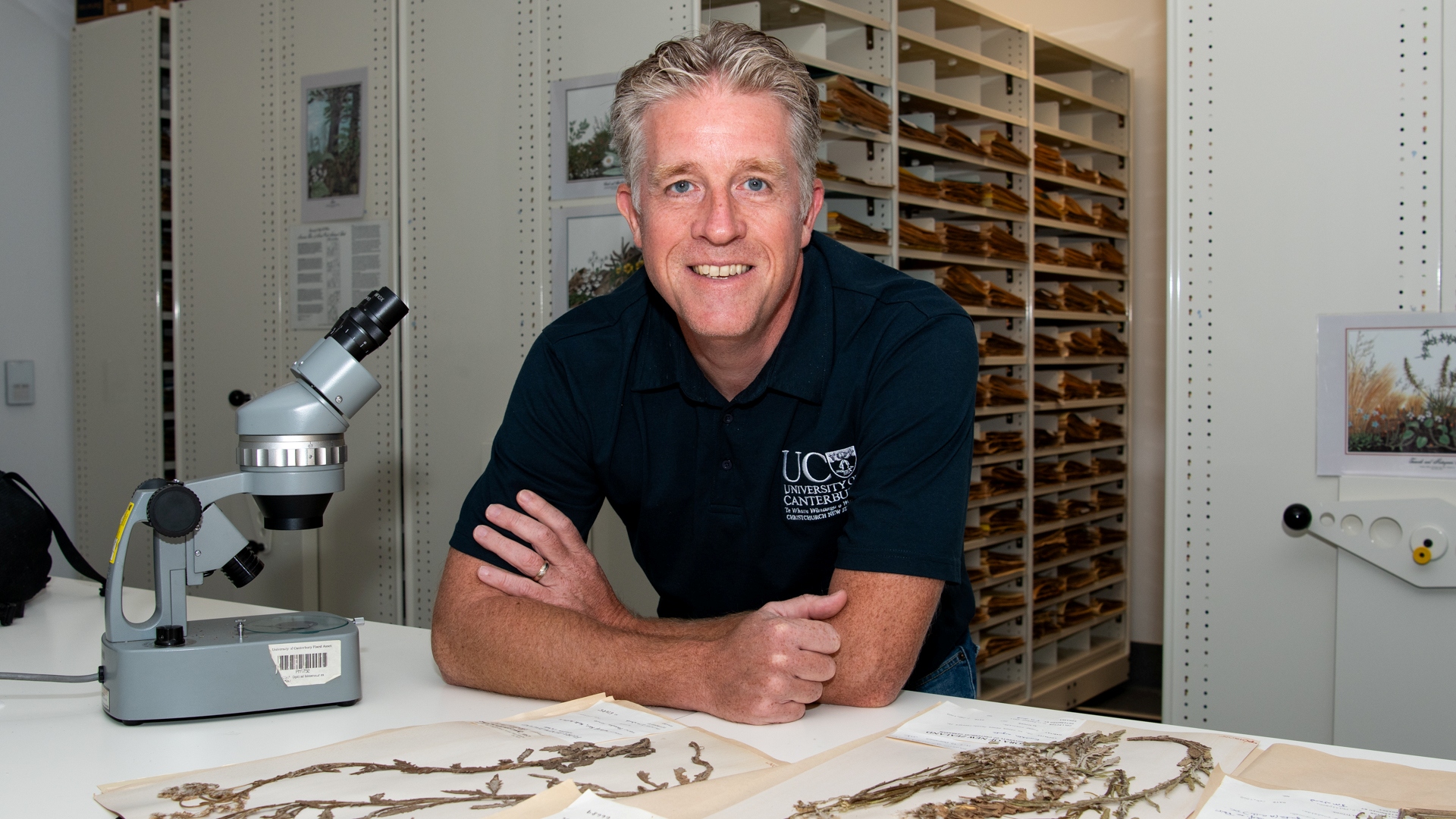Photo caption: Back row (left to right) – Valeliano Tovi (TGS), Taniela Veleika (TGS), Tupou Ika (TGS), Tu’iahai Tu’iafitu (TGS), Pupunu Tukuafu (TGS). Front row (left to right) – Carol Stewart (Massey University), Heather Craig, Fiapaipai Auapaau, James Williams, Finn Scheele (Earth Sciences New Zealand (ESNZ)) Photo credit: Kiao Matahau (TGS).
Led by Dr James H. Williams and Dr Heather Craig from Te Whare Wānanga o Waitaha | University of Canterbury (UC) Disaster Risk and Resilience Group, the UC team has been working alongside Tonga Geological Services (TGS) and local and regional partners to learn lessons that can be applied to future events.
Building on three years of collaboration in both Aotearoa New Zealand and Puleʻanga Fakatuʻi ʻo Tonga | the Kingdom of Tonga, the project examines how Tongan communities and agencies recovered following the eruption and tsunami.
“After the eruption, we carried out a remote rapid impact assessment, since we couldn’t enter the country due to covid-19 restrictions; in-field collaboration has been underway since 2023,” Dr Williams says. The team collected 3D imagery across villages, air quality data, and community impact information to provide a detailed picture of local recovery and long-term environmental change.
“Our initial remote impact assessment showed that computer models used to estimate volcanic impacts in the Pacific, including New Zealand, were highly inaccurate. We realised we needed much better local data to improve them,” Dr Williams says.
The research is a two-way exchange of knowledge contributing to a broader understanding of disaster resilience and impact assessment. “By understanding how Tongan agencies and communities responded and recovered, we can draw knowledge that helps others prepare for and respond to future events.
“While working closely with partner agencies, we can ensure the data collected has real value for local communities as well as the wider scientific community. Data improves the ability to forecast, respond to, and recover from natural hazards,” Dr Williams says.
Dr Craig says there are valuable lessons to be learnt for Aotearoa New Zealand. “Not only can we learn lessons on response and recovery to volcanic and tsunami events from the Tonga experience, but also important learnings in terms of how scientists can better communicate risk and make their science impactful.”
The team has recently published a paper on the initial assessment, identifying the need for more on-the-ground data after volcanic events.
“Collecting this information will help make future impact models more accurate and useful in disaster planning, with findings already helping inform resilience and recovery work in Tonga,” Dr Williams says.
The Tonga fieldwork supports several UC postgraduate projects, including tsunami impact studies, the development of a Geospatial Disaster Data Hub, and a framework for locally relevant hazard information to guide future disaster planning in Tonga. UC PhD candidate Fiapaipai Auapaau, who was part of the field team, examined the eruption’s impacts on Tongan agricultural crops, contributing to the country’s recovery and food security efforts.
Findings from earlier UC assessments have also been used by Mainstreaming of Rural Development Innovation (MORDI) Tonga, a local agricultural organisation, to secure continued government funding for volcanic recovery and agricultural resilience projects.
